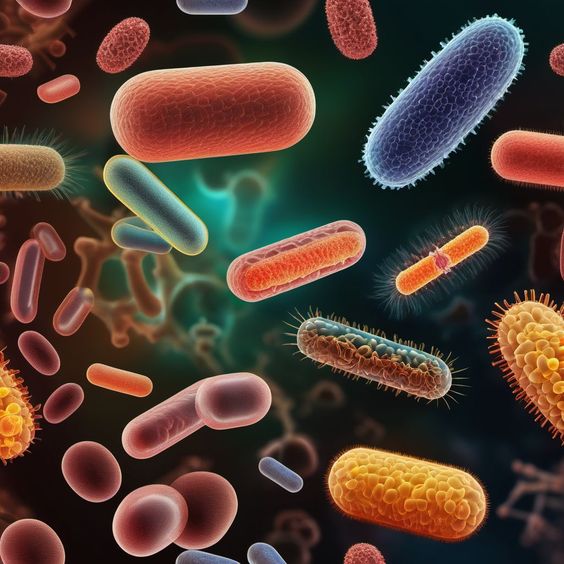Introduction
A vaginal yeast infection, also known as vaginal candidiasis, is a common fungal infection that causes irritation, discharge, and intense itchiness in the vagina and vulva — the tissues at the vaginal opening. While bothersome, yeast infections are rarely serious and can be effectively treated with antifungal medications.

Yeast infections are caused by an overgrowth of the fungus Candida albicans. Candida is a microorganism that normally lives in the vagina in small numbers. However, various factors can disrupt the vaginal balance and lead to an overgrowth, resulting in an infection.
Causes of Vaginal Yeast Infections
Several factors can contribute to the development of vaginal yeast infections, including:
- Antibiotic use: Antibiotics can kill off beneficial bacteria in the vagina, allowing Candida to flourish.
- Hormonal changes: Fluctuations in estrogen levels, such as those experienced during pregnancy, menstruation, or hormone therapy, can increase the risk of yeast infections.
- Uncontrolled diabetes: High blood sugar levels can create a favorable environment for yeast growth.
- Weakened immune system: Conditions or medications that suppress the immune system can make individuals more susceptible to infections, including yeast infections.
- Sexual activity: Although not considered a sexually transmitted infection, yeast infections can be transmitted through sexual contact.
- Poor hygiene: Inadequate hygiene practices can contribute to yeast overgrowth.
Symptoms of Vaginal Yeast Infections
The symptoms of a yeast infection can vary in intensity but often include:
- Itching and irritation: Intense itching in and around the vagina is a hallmark symptom.
- Burning sensation: A burning feeling, particularly during urination or intercourse, is common.
- Abnormal discharge: Yeast infections typically cause a thick, white, odorless discharge that resembles cottage cheese.
- Redness and swelling: The vagina and vulva may appear red and swollen.
- Pain during intercourse: Yeast infections can cause discomfort or pain during sexual activity.
Treatment for Vaginal Yeast Infections
Treatment for yeast infections typically involves antifungal medications, available in various forms such as creams, ointments, tablets, or suppositories.
Over-the-counter antifungal medications are often effective for mild to moderate infections. However, it's crucial to consult a healthcare professional for proper diagnosis and treatment recommendations.





